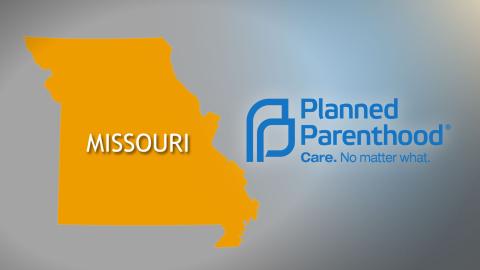The Eclipse: Was this America's 'Nineveh Moment?'
Millions of skywatchers gathered along a narrow corridor stretching from Mexico to Canada, to view Monday's total eclipse of the sun.
It is North America's biggest eclipse audience ever, thanks to the densely populated path it will take across the US and all the social media buzz surrounding it.
Mark Cornelius, who traveled with his young daughter to Niagara Falls to view the eclipse, said, "We've been talking about coming to this event since, what, three months before she was born?"
In the zone of totality–a four-hour trek stretching from Texas all the way to Maine and 115 miles wide–the darkness lasted up to 4 and half minutes with temperatures dropping as much as 10 degrees.
So many tourists traveled to see the phenomenon, roads were clogged, and some areas declared a state of emergency.
But whatever you do during future eclipse events, don't try to view it without the proper eye protection.
Astronomer Jake Foster warns, "Looking at the sun with the naked eye is incredibly dangerous. The sun's UV radiation is capable of destroying the soft tissue in the back of your eyeballs."
Almost everyone in North America got at least a partial eclipse, weather permitting.
In Georgetown, Texas, the skies cleared just in time to give spectators a clear view. In other spots, the eclipse played peek-a-boo with the clouds.
“We are really lucky,” Georgetown resident Susan Robertson told The Associated Press. “Even with the clouds it is kind of nice, because when it clears up, it is like, Wow!”
“I will never unsee this,” said Ahmed Husseim of Austin, who had the eclipse on his calendar for a year.
Unfortunately, some areas could only see clouds. The best weather was expected in New England and Canada, and clear skies ruled the day there.
Holly Randall, who watched from Colebrook, New Hampshire, said experiencing the eclipse was beyond her expectations.
She told AP, “I didn’t expect to cry when I saw it,” as tears ran down her face.
The timing and location of this particular eclipse has some reading biblical and prophetic significance.
On CBN's Global Lane program, Reverend Jeff Begley, co-author of Revelation 911: How the Book of Revelation Intersects with Today's Headlines, said, "the fact that it goes over seven cities called 'Ninevah' and one called 'Jonah', makes you wonder. Is this our Nineveh moment? America, it's a time to reflect on where we stand on a number of issues."
The next total solar eclipse in 2026 will only be seen over the Atlantic and in Spain. Alaska will have one in 2033 and the next chance for the lower 48 won't come for another 20 years.



